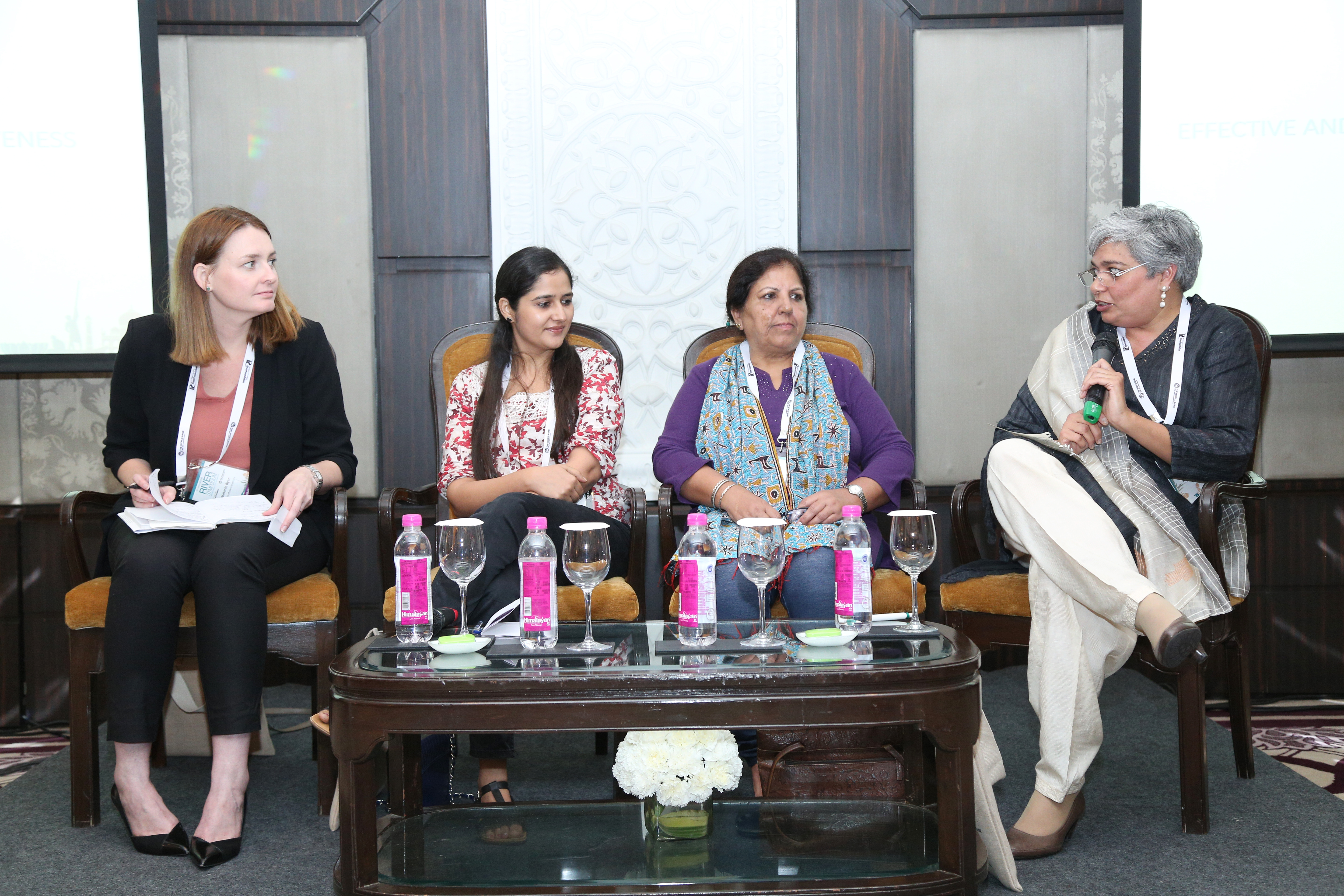
19 Oct Reflecting on Women & Water – Vanh Mixap
After many long travelling hours, I arrived at the country known as ‘incredible’ India. For 18 years, the International Riversymposium has been held in Australia. Now, for the very first time, the 19th symposium is taking place outside of Australia. India was the host country selected and it couldn’t have been a better choice.
I arrived just in time to join the very first special event of the symposium, the Women and Water session. What a great way to set the scene leading up to the symposium on the Sunday evening. What I enjoyed the most about the session was the perfect balance between stories, insights and networking, which provoked me not only to think outside the box, but to step out of my comfort zone in building networks and initiating collaboration with the people I met that evening.
Four women, with four different backgrounds and varied experiences, took to the stage. Melanie Ryan, International RiverFoundation Ambassador and Capacity Development Leader for the Luc Hoffman Institute, University of Cambridge, assumed the role as facilitator, and Suparana Katyaini (PHD Candidate, Indian Institute of Technology), Meena Bilgi (Gender and Sustainable Solutions Specialist) and Sejal Worah (Program Director, WWF India), were our panellists. This was the third time the special session dedicated to acknowledging and advancing women’s contributions to water and river management was organised at the symposium, and I am privileged to have attended all three. One highlight for me was an incremental increase in male participants and engagement in this session. We cannot achieve gender justice or equality in river management without the engagement of everyone. However, as the topic of the session suggests, we need to go beyond simply counting the number of participants.
Women spend 200 million hours per day collecting water [i]. ““What does this statistic mean?” you may ask. That’s the point! We need data and numbers but these are meaningless unless there is a story that comes with the data. That’s why you need both quantitative and qualitative data as Suparana, our panellist, emphasised.
Meena enlightened us on the benefits of cross-disciplinary collaboration. Often people say that it is very difficult to get women to attend meetings, and if they do attend they are too tired to engage. Does this sound familiar? How can they be expected to engage meaningfully after all their daily work, not to mention the collective 200 million hours they spend collecting water? One approach Meena took was to introduce the use of technology. “Technology can help when you design it with the focus on the users,” said Meena. It makes sense why gender assessment is a must. Without this understanding, management will miss the point. When technology is used appropriately for the context, it can help reduce the hours that women spend on their daily activities, hence, leaving them time to relax, recharge and engage in meetings.
The panellists also demonstrated the importance of reminding ourselves, the project implementers, to spend time understanding the context before starting to introduce or make change. “When you are in a project mode you can leave a lot of mess behind”. This is very true!
Sejal Worah has certainly raised the voice of another invisible river user – urban women. We often focus on women in remote areas, but how about women in urban areas, women in middle-management levels, middle income earners or in medium enterprise? The challenges they face are no less than others.
Her remark about what happened after events like this really struck me. She questioned how often we went to conferences and found ourselves saying “isn’t she great?” about people we meet and hear from. Yet nothing seems to happen after that. When we find the spark, being the women who are potential champions, why don’t we turn the spark into a flame?
Recently I had the privilege to work with a group of amazing women professionals in the water sector. I have joined the Oxfam Mekong Regional Water Governance Program, where I have seen incredible work taking place to enable both women champions and those with the spark to realise their full potential and growth. Many organisations, including IRF, have been providing women with opportunities to pursue their professional development. As a past scholarship recipient, I believe the opportunity did not only change my life for the better but also the lives of my family and many I have touched and empowered. That speaks to the effectiveness of the empowering women!
Melanie closed the session with another uncomfortable truth for us to challenge our mindset and actions, that is, “gender mainstreaming is not on top of life, it is a part of life”. Gender mainstreaming should be something that is automatically ingrained in everything we do, not simply an after-thought or an addition to an existing program or initiative.
As Meena mentioned, change needs to come from inside – the heart is what you need to touch, for change to last. This session has certainly touched my heart and it has been an incredible session to match its incredible location!
[i] UN Water 2015
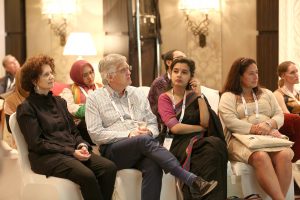
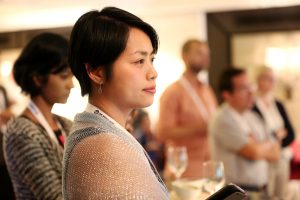


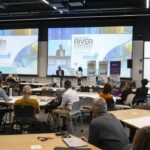
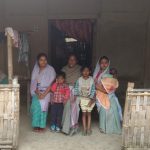

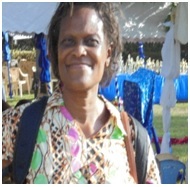
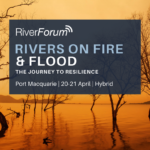
Sorry, the comment form is closed at this time.